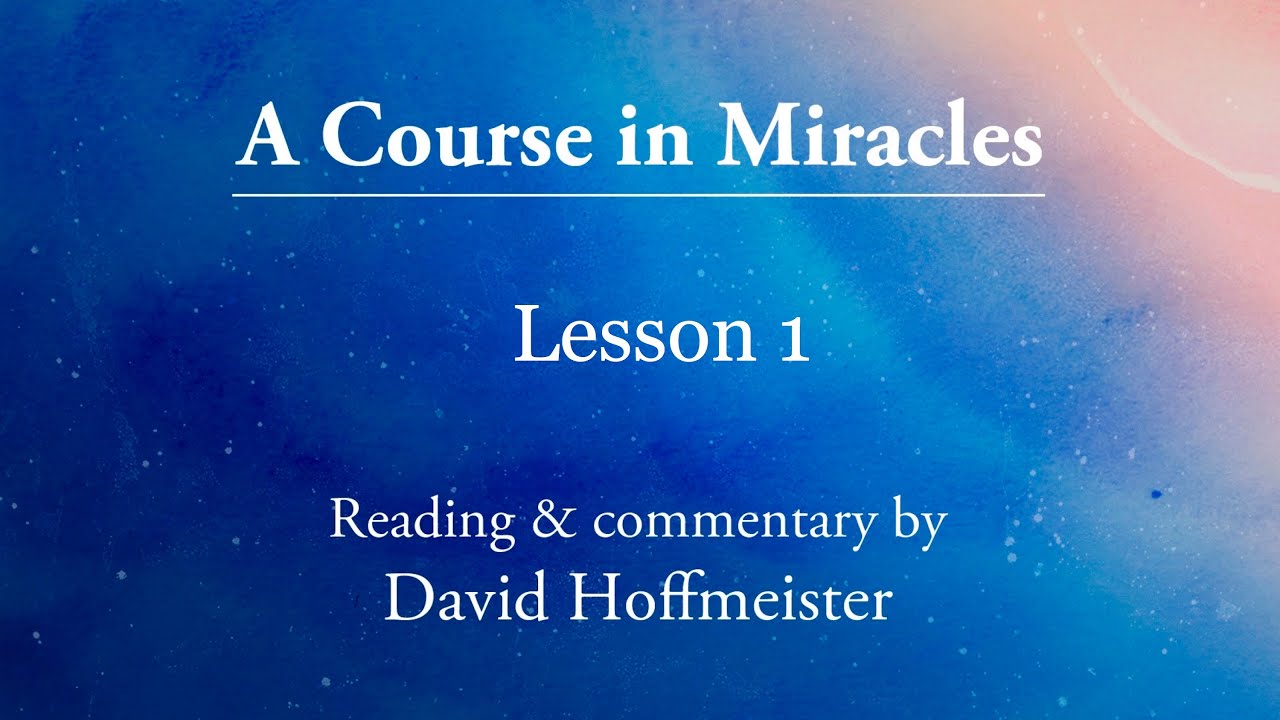Education stands as a cornerstone of societal progress, a powerful tool that shapes individuals, communities, and nations. Beyond the confines of classrooms, acim is a dynamic force that empowers people to think critically, innovate, and contribute meaningfully to the world. This article delves into the multifaceted aspects of education, exploring its transformative power and the integral role it plays in shaping the future.
The Foundation of Knowledge:
At its core, education is the process of acquiring knowledge, skills, values, and attitudes. From the early years of formal schooling to higher education and lifelong learning, the acquisition of knowledge is a lifelong journey that transcends age and boundaries. Education provides the foundation upon which individuals build their understanding of the world, enabling them to navigate complexities and make informed decisions.
Critical Thinking and Problem-Solving:
One of the primary goals of education is to foster critical thinking and problem-solving skills. Beyond memorization of facts, education encourages individuals to analyze information, question assumptions, and develop creative solutions to challenges. In a rapidly evolving world, the ability to think critically is invaluable, empowering individuals to adapt to change and contribute to innovation.
Empowering Through Equality:
Education serves as a powerful equalizer, breaking down barriers and providing opportunities for all. It is a fundamental human right, and access to quality education is key to addressing social inequalities. By ensuring that education is accessible to everyone, regardless of socio-economic background, gender, or ethnicity, societies can empower individuals to overcome challenges and contribute to the collective well-being.


